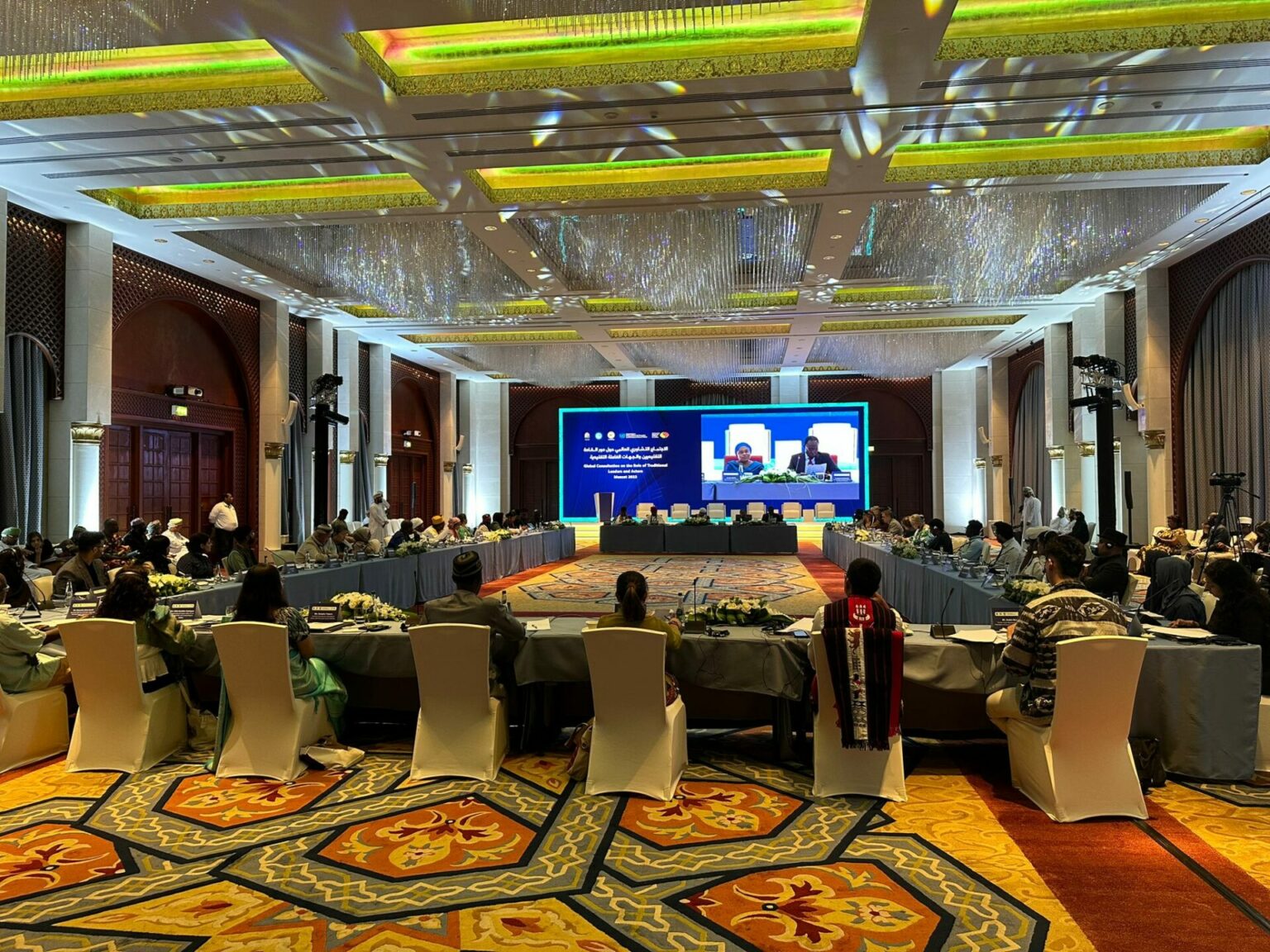Attalaki was honored to participate in the “Global Consultation on the Role of Traditional Leaders and Actors,” in Oman Muscat. A significant gathering that brought together numerous religious and traditional leaders from around the globe. The primary objective of this gathering was to address the pressing issues of hate speech, with a focus on fostering peaceful and just societies.
The event, organized in collaboration with the Omani Ministry of Endowments and Religious Affairs, showcased a strong partnership with the Network for Religious and Traditional Peacemakers and the United Nations Office on Genocide Prevention and the Responsibility to Protect. By hosting such an influential gathering, Oman demonstrated its commitment to countering hate speech and promoting global peace through collaborative efforts between traditional leaders and international organizations.
This initiative highlights Oman’s proactive stance in cultivating peace and coexistence, transcending societal differences. It underscores the nation’s dedication to showcasing the positive attributes of a diverse society, emphasizing the importance of unity and understanding in creating harmonious and inclusive communities. The event serves as a testament to Oman’s role as a leader in fostering dialogue and collaboration among diverse religious and traditional leaders to address global challenges and promote enduring peace.
In addition to the aforementioned event, Attalaki played a pivotal role as the representative of Tunisia in a dynamic and transformative program titled “Youth, Religion, and Mediation.” This unique course brought together youth participants from 20 different countries, fostering a collaborative environment for learning, exploration, and networking.
Distinguishing itself from conventional courses, this program offered a distinctive approach by incorporating an enriching four-day tour of Oman. This immersive experience went beyond traditional classroom settings, encouraging participants to engage in various physical activities that facilitated experiential learning. The group, comprising youth from diverse backgrounds, worked collectively as a team to promote mutual understanding, coexistence, and peace.
The interactive nature of the course allowed participants to explore Oman’s rich cultural heritage, forging connections not only through formal education but also through shared experiences and activities. By blending theoretical knowledge with hands-on experiences, the program aimed to equip youth with practical skills and a deeper appreciation for the role of religion and mediation in fostering dialogue and peaceful coexistence.
Every participant in the course brought with them a wealth of personal experiences related to wars, conflicts, discrimination, and persecution in their respective countries and contexts. This program provided a platform and an invaluable opportunity for these young individuals to not only voice their own experiences but also to engage with and gain insights from other youth leaders who were confronting similar challenges.
This innovative course served as a platform for cultivating a global network of young leaders committed to promoting harmony and understanding across different cultures and faiths. Attalaki’s participation in this course exemplifies our dedication to empowering its youth to play an active role in shaping a more interconnected and peaceful world
About the UN Plan of Action on Countering Hate Speech and Fostering Peace Mediation and Just Societies
Identity-based conflicts, namely those based on ethnicity, race, religion, or nationality, can no longer be characterized simply as “conventional,” rather they are highly comlpex and interlinked. The inability for states to effectively respond to the eroding security and humanitarian situations has allowed emergence of several competing armed actors.
Traditional authorities, such as ethnic chiefs, heads of clan, or community or indigenous leaders hold a significant role in local governance, security, taxation, and conflict mediation, especially in the absence of state authority. These non-state actors have historically managed their critical roles by establishing “governance systems,” which include, but are not limited to, conflict prevention, resolving disputes, and peacebuilding and humanitarian initiatives yet are still not fully recognized as legitimate participants in governance.
To fill this gap, the United Nations Office on Genocide Prevention and Responsibility to Protect jointly with the Network for Religious and Traditional Peacemakers organized a global meeting in Abuja, Nigeria, in June 2022. This meeting brought together traditional rulers and actors from around the world to discuss their roles and contributions in countering hate speech and fostering peaceful and just societies with the ultimate objective to prevent violence and atrocity crimes. As a result, the meeting drafted the Plan of Action for Traditional Leaders on Countering Hate Speech and Fostering Peaceful and Just Societies.



